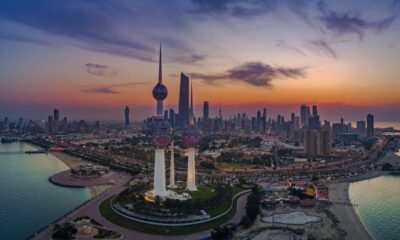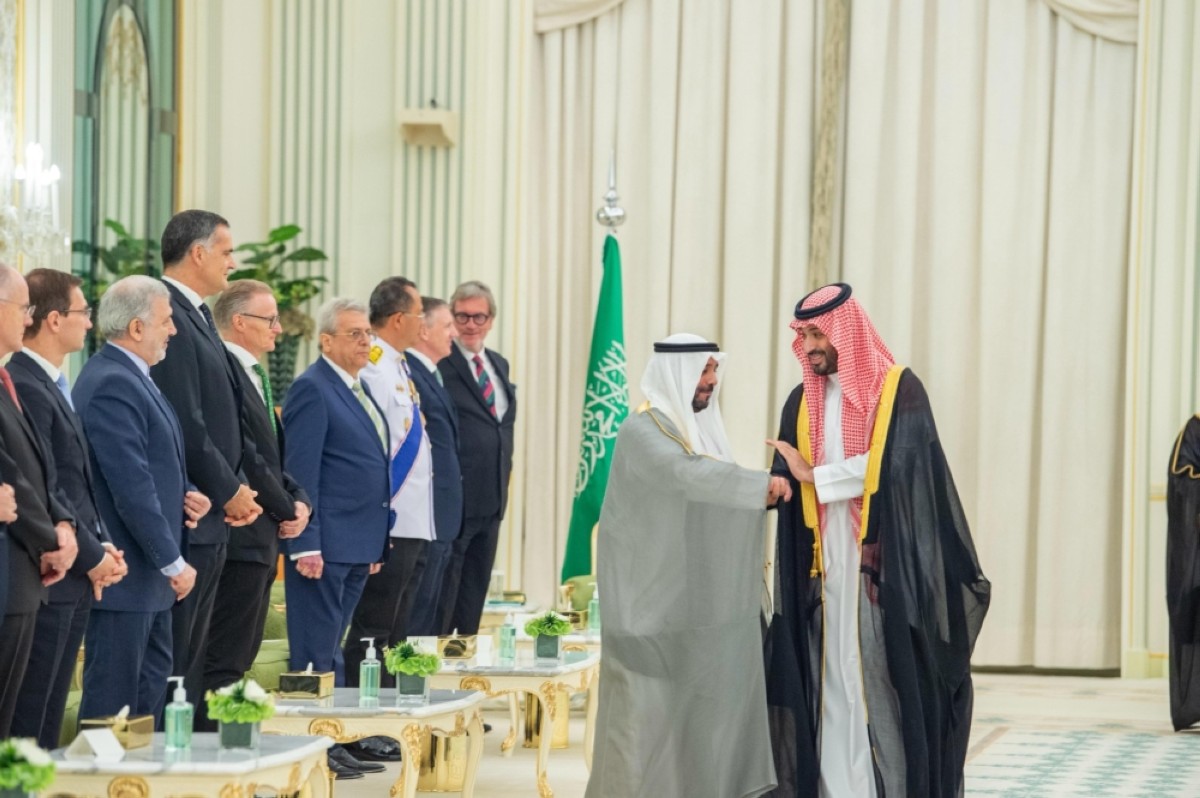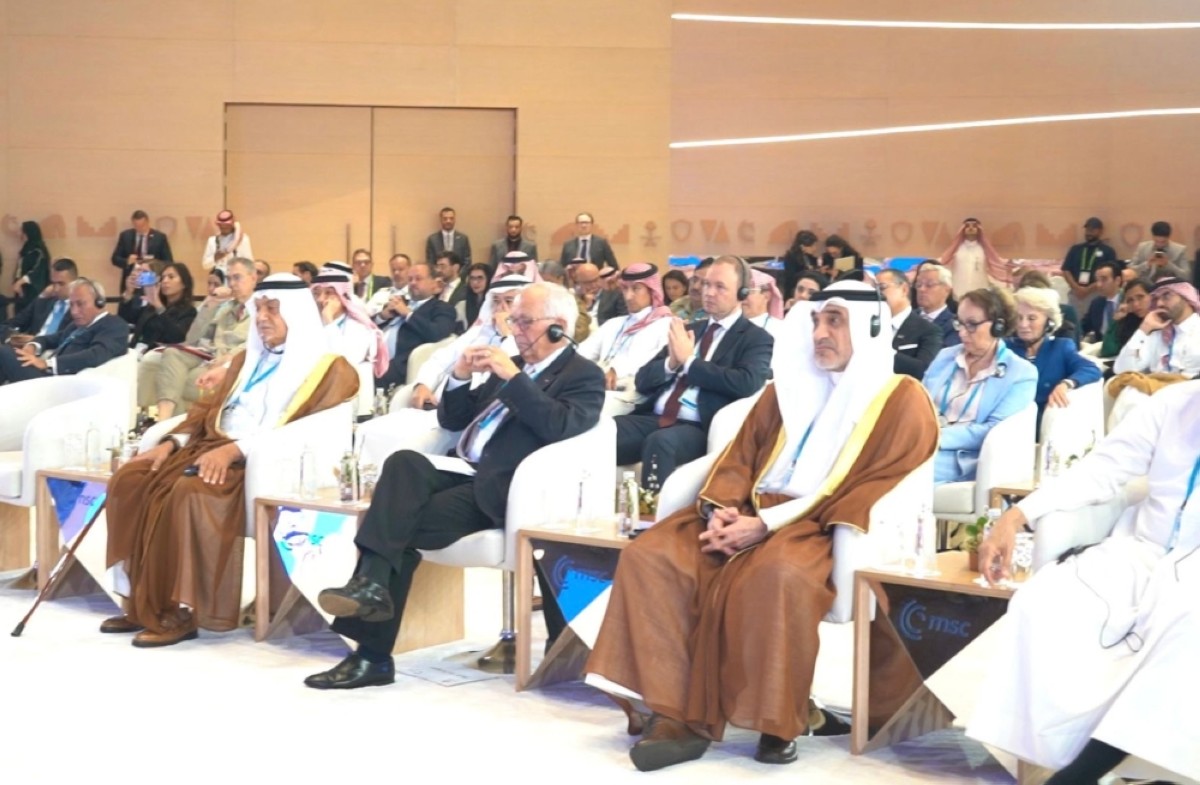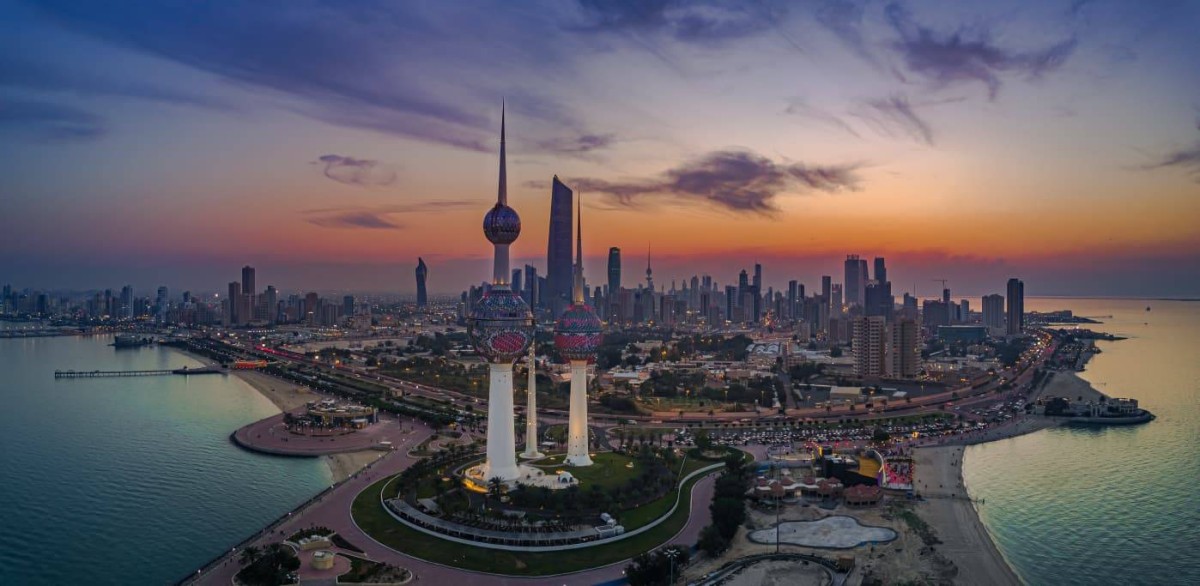KUWAIT: Kuwait intends to begin implementing Al-Shaqaya renewable energy project for electricity production this year, Minister of Electricity, Water, and Renewable Energy Sabah Al-Mukhizeem, announced Sunday. The project will have a total capacity of 4800 megawatts, representing approximately 26 to 27 percent of the country’s electricity production. Speaking on the sidelines of a sustainable energy conference in Kuwait, Al-Mukhizeem said that representatives of the Chinese side arrived in Kuwait Sunday morning and will visit the project site. He expressed his hope that the project would become operational in 2028.
Minister Al-Mukhizeem explained that some phases will be undertaken through the Public-Private Partnership Authority, fostering collaboration between the government and private sector entities. Furthermore, a significant portion of the project will be realized through a partnership with the Chinese government, following an agreement signed in March. This collaboration with China is expected to deliver renewable energy projects with a total production capacity of around 3500 megawatts.
While the project holds immense promise for Kuwait’s energy future, Minister Al-Mukhizeem clarified that the total financial cost is still “under study.” This significant push towards renewable energy comes as Kuwait grapples with a pressing electricity production crisis. The OPEC member nation has been facing challenges due to a rapidly growing population, increasing urban development, soaring temperatures, and delays in the upkeep of existing power infrastructure.
The severity of the situation led the country to implement power cuts in certain areas last year as a measure to alleviate the strain on the power grid. The Al-Shaqaya project represents a crucial step towards addressing these challenges and ensuring a more sustainable and reliable energy supply for Kuwait.
50 percent
Minister Al-Mukhaizeem said on Sunday that Kuwait has set priority in renewable energy, eyeing a 50 percent of electricity usage by 2050. This came in the minister’s speech to the Kuwait Sustainable Energy Conference and Accompanying Exhibition, which kicked off today and will conclude on May 13.
Kuwait’s organizing of the conference coincided with its hosting of the Regional Center for Renewable Energy and Energy Efficiency (RCREEE), which reflects trust in Kuwait’s renewable energy capabilities, said the minister. He added that the environmental and economic challenges facing the world required investment in renewable energy, affirming that such a venture was a must and a necessity. He affirmed that Kuwait continued developing eco-friendly projects using clean energy, saying that his country sought regional and international partnerships within this frame.
Minister Al-Mukhaizeem called on the world to adopt a unified strategy based on cooperation and exchange of expertise to find practical and innovative solutions for cleaner energy resources. For his part, Chairman of the Board of Trustees for the RCREEE Ahmad Al-Dosari affirmed that the current conference was an important stop for discussions on renewable energy resources.
Kuwait’s hosting of the event reflected its stature within this domain, he added, commending the Gulf country for its efforts within renewable energy, which was part of Kuwait Vision 2035 for development. Meanwhile, representative of the Arab League Secretary General and head of its energy department Dr Bahjat Abulnasr said that the conference was a chance for regional and international partners to exchange views and ideas on renewable energy usage. He affirmed that the Arab League would provide its support to make this conference a success, saying that such support would be reflected in the adjacent workshops and training courses held on the sideline of the event.
For his part, Dr Grammenos Mastrojeni, Senior Deputy Secretary General of the Union for the Mediterranean, said renewable energy was not only a measure reflecting respect to the environment it was a way to help sustain the world and protect it from climate change.It was paramount on the world to cooperate and find means to produce energy not only to protect the environment, but also help protect people around the world from natural catastrophe, he asserted.
Meanwhile, deputy head of the EU Mission to Kuwait Dr Torkild Byg delivered a speech commending the important role played by Kuwait in the domain of renewable energy, saying that the conference was reflective of Kuwait’s stance on the issue. The official also said that Europe was eager to reach zero carbon emission by the year 2050. The conference will witness sideline functions such as workshops and sessions chaired by local and international experts. An accompanying exhibition will also be held during the conference. – Agencies
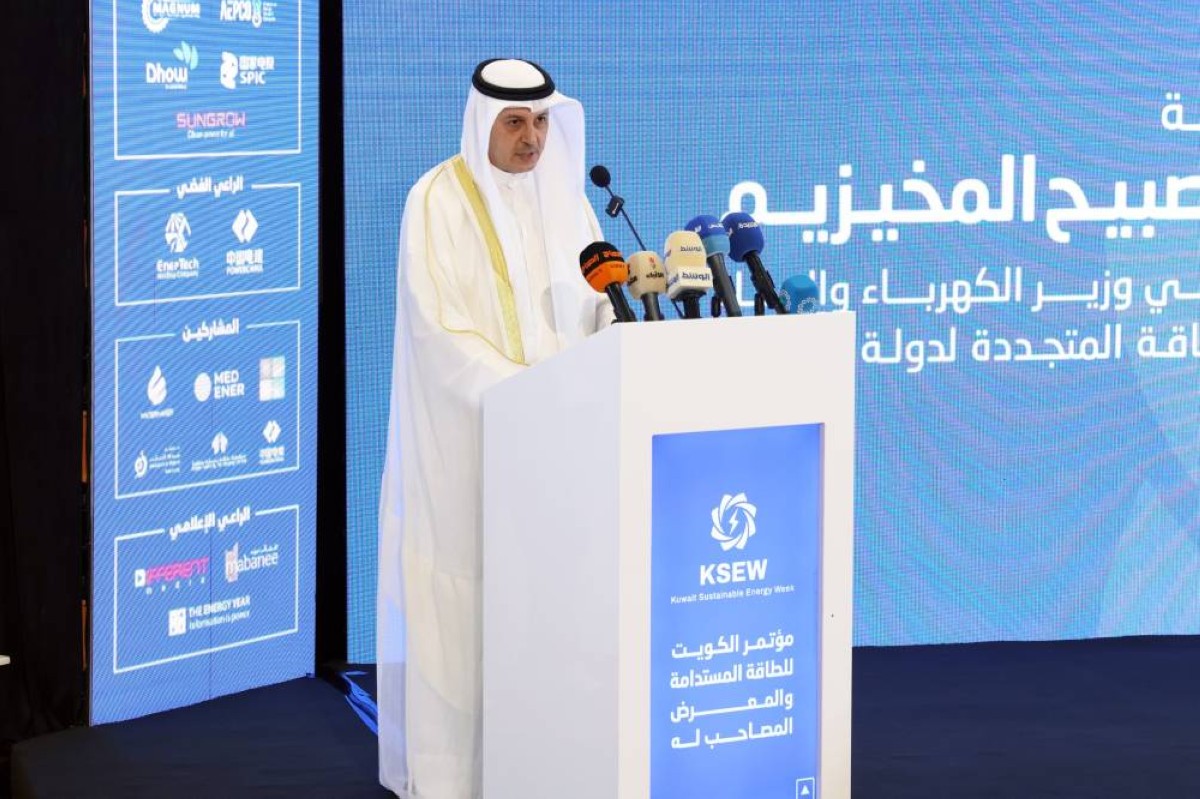

 Business19 hours ago
Business19 hours ago
 Politics12 hours ago
Politics12 hours ago
 Latest News17 hours ago
Latest News17 hours ago
 Latest News19 hours ago
Latest News19 hours ago
 Latest News10 hours ago
Latest News10 hours ago
 Politics9 hours ago
Politics9 hours ago
 Latest News9 hours ago
Latest News9 hours ago
 Politics10 hours ago
Politics10 hours ago
